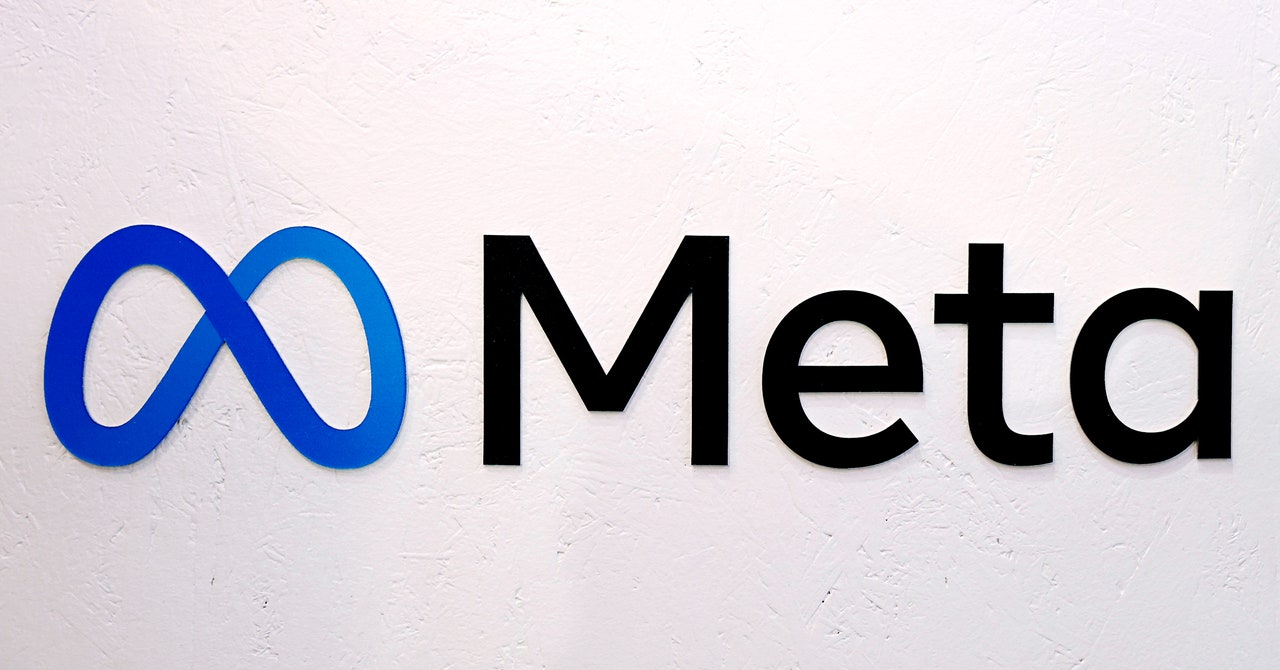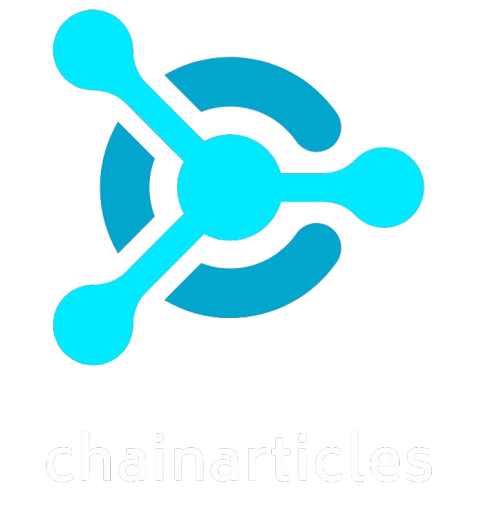Meta scored a major victory in a copyright lawsuit on Wednesday when a federal judge ruled that the company did not violate the law when it trained its AI tools on 13 authors’ books without permission.
“The Court has no choice but to grant summary judgment to Meta on the plaintiffs’ claim that the company violated copyright law by training its models with their books,” wrote US District Court Judge Vince Chhabria in a summary judgment. He concluded that the plaintiffs did not present sufficient evidence that Meta’s use of their books was harmful.
In 2023, a high-profile group of authors, including the comedian Sarah Silverman, sued Meta, alleging that the tech behemoth had infringed on their copyright by training its large language models on their work. Kadrey v. Meta was one of the first cases of its kind; now there are dozens of similar AI copyright lawsuits winding through US courts.
Chhabria had previously stressed that he planned to look carefully at whether the plaintiffs had enough evidence to show that Meta’s use of their work would hurt them financially. “The key question in virtually any case where a defendant has copied someone’s original work without permission is whether allowing people to engage in that sort of conduct would substantially diminish the market for the original,” he wrote in the judgment on Wednesday.
This is the second major ruling in the AI copyright world this week; on Monday, Judge William Alsup ruled that Anthropic’s use of copyrighted materials to train its own AI tools was legal. Chhabria referenced Alsup’s summary judgment in his decision.
Chhabria took pains to stress that his ruling was based on the specific set of facts in this case—leaving the door open for other authors to sue Meta for copyright infringement in the future. “In the grand scheme of things, the consequences of this ruling are limited. This is not a class action, so the ruling only affects the rights of these 13 authors—not the countless others whose works Meta used to train its models,” he wrote. “And, as should now be clear, this ruling does not stand for the proposition that Meta’s use of copyrighted materials to train its language models is lawful.”
This is a developing story. Please check back for updates.






